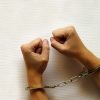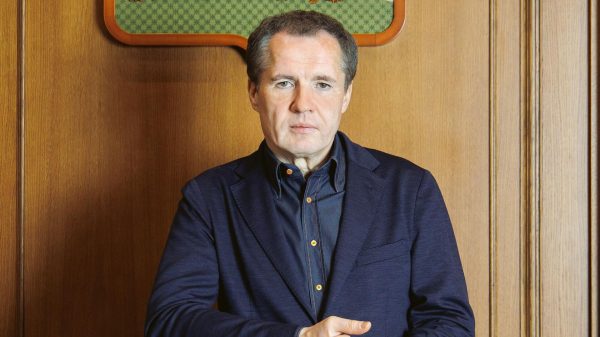 Many felt Carl Dixon should have sent Danny Care to Twickenham on Saturday. Photo: Getty Images/Bob Bradford
Many felt Carl Dixon should have sent Danny Care to Twickenham on Saturday. Photo: Getty Images/Bob Bradford
In another exciting try, Saturday's Gallagher Premiership fixture is now marred by an alleged refereeing dispute. This time the decision was made by international referee Carl Dixon, a former Harlequins player. Dixon penalized Queens scrum-half Danny Care for pushing a Northampton player off the ball, but was given no yellow card for tackling Saints scrum-half Alex Mitchell as the ball came out of a gap 10 meters out Queens line.
To his credit, Northampton coach Phil Dawson commented very restrainedly on the incident. “Karl has looked at it closely, the TMO has looked at it carefully several times,” Dawson said. «They spent a lot of time looking at it and if they thought it wasn't a second yellow, it's not.» It was a comment from a coach who knows his team played 30 minutes with a man advantage and should have taken that into account anyway. That they didn't was due to an uncharacteristic series of handling errors and inaccuracies at crucial moments in the game. Dawson was big enough to know that the Saints simply weren't playing well enough.
So why the controversy? This came as some suggested that Dixon had not given a yellow card to Care, who had previously received a yellow card, because Dixon was a former Harlequins player. Lest you think this is fiction, the foreword to this scenario was published last week in an article in the Northampton Chronicle and Echo magazine. The local Saints newspaper said Dixon should not have been put in charge of the game because his decisions could be criticized due to a conflict of interest.
💬 “This is the face of a man who knows he got away with it!” 😆'
Danny Care talks about missing out on a second yellow card from former teammate Carl Dixon…#GallagherPrem | #HARvNOR pic.twitter.com/diKgvsRL1K
— Rugby on TNT Sports (@rugbyontnt) April 27, 2024
It went on to claim that there were many other referees who could have been given the game, and that Removing Dixon would have prevented the kind of criticism being heard now. His suspension would have that effect, but there are other points to consider when calling for a complete ban.
First of all, there is no evidence that Dixon's decision was made due to any bias, conscious or subconscious. If he was biased towards Quins, why did he give them three yellow cards, at least one of which was highly controversial? Dixon's brother Lee was a Northampton stalwart, so might he therefore have good will for the Saints? Commentator Lawrence Dallaglio thought the Care incident was a «yellow stone» but he played for Wasps back then and probably hates Quins. The fact that I made that comment about Dallaglio is probably because I played for Queens and was biased. This rabbit hole has no end, so let's not start it.
This accusation of bias is speculation at best and, moreover, it does not take into account the reality of refereeing. The laws are complex, and officials are deliberately given latitude to ensure that the game can proceed without constant interruptions. Without this flexibility, no game could work. It's also not the case that there are many judges who would be best qualified to officiate such a top-of-the-table fight. Dixon was one of the few Premier League referees with the necessary experience, and to ban him from officiating duties on grounds of bias would set an unfortunate precedent for club rugby.
 Dixon (right) spent part of his career with Care at Harlequins. Photo: Getty Images/Steve Bardens
Dixon (right) spent part of his career with Care at Harlequins. Photo: Getty Images/Steve Bardens
The real evil of going down this path is revealed in later comments in the Chronicle article. It goes on to highlight and criticize the fact that Wayne Barnes, one of the best referees of the modern era, was continually allowed to referee Saints games after he sent off Northampton captain Dylan Hartley for allegedly calling him a «dick». ——deception.”
Do you see where this kind of thinking leads? You go so far as to call for referees to be banned if they have any «previous» actions against you. By doing so, you are indirectly criticizing the referee, not the players' misconduct or the often offensive behavior of fans on social media. Is this what rugby wants?
Rugby is constantly encouraging former players to become referees and it would be good for the game if they did. If you had such a ban, what would you do with someone like Andy Gomarsall, who played for seven different professional English clubs? Although he is an extreme example, there are many former players who have played for three or four Premier League clubs. It is not possible to have it both ways.
It is true that international judges are supposed to be neutral, but due to the different environment they are treated differently. As comments from national coaches, players, fans and the media make clear, nationality invariably destroys any vestige of objectivity. Rugby must not succumb to these base qualities at club level.

























































Свежие комментарии